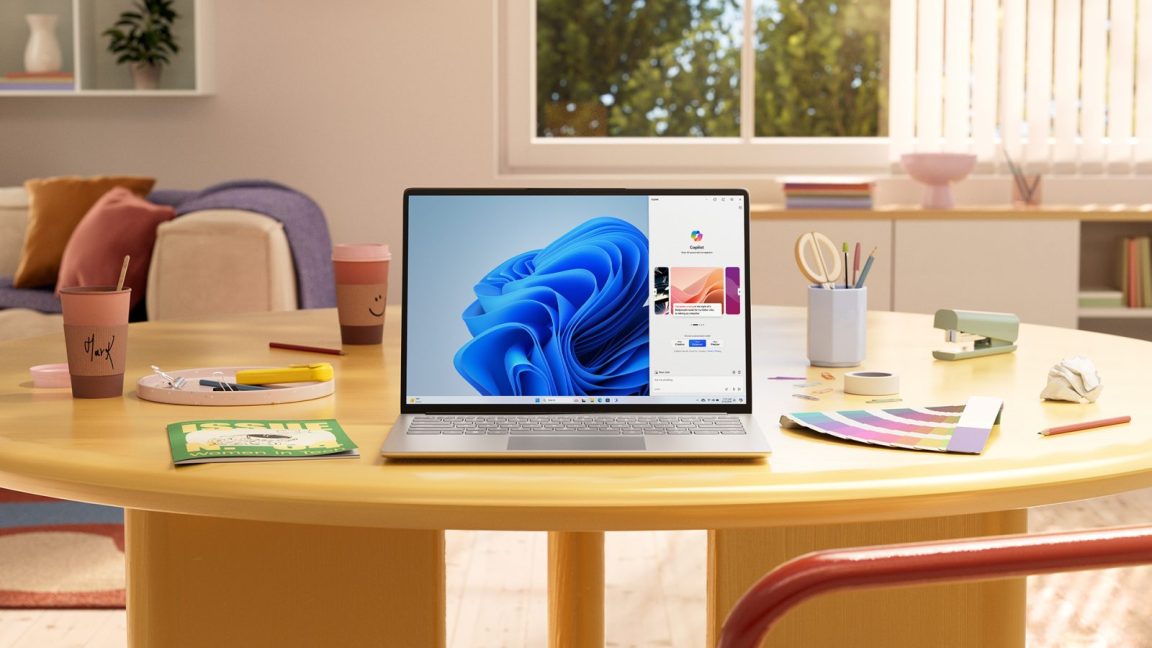
For most people, Windows 10 security updates are slated to stop on October 14, 2025, just over 10 months from today. That could end up being a serious security problem, given that Windows 10 is still the version used by a large majority of the world's PCs.
Users will be able to buy a one-year reprieve for $30, and businesses and other organizations will have the option to pay for two more years after that. But the easiest and cheapest way out of the problem—an upgrade to Windows 11, which is still free for Windows 10 PCs that can run it—still remains out of reach for many active PCs because of Windows 11's more stringent system requirements.
Microsoft has reiterated this week that it has no plans to loosen those requirements to boost Windows 11's adoption numbers, focusing particularly on the need for a TPM 2.0 device. Short for Trusted Platform Module, a TPM stores encryption keys and performs other cryptographic functions, and Windows uses it to seamlessly decrypt your PC's disk at boot, among other things. A TPM 2.0 module is a "non-negotiable" requirement for boosting Windows 11's security baseline, says Microsoft, and that apparently won't be changing.
Windows 11 has other system requirements, though they weren't the focus of this TPM-centric blog post. Windows 11 systems must have Secure Boot enabled, and they have to use a supported processor—an 8th-gen Intel Core CPU, an AMD Ryzen 2000 CPU, or a Qualcomm Snapdragon 850 CPU or newer. In fact, these CPU requirements exclude a couple of generations' worth of Intel and AMD chips with built-in TPM 2.0 support.
Windows 11 also has nominal requirements for RAM and processor speed, but any system that meets the CPU or TPM requirements will easily clear those bars. If you have a supported CPU and your PC doesn't appear to support TPM 2.0, you should be able to enable it in your system's BIOS, either manually or by installing a BIOS update for your motherboard.
Windows 11 can be installed on unsupported systems, either those with an older TPM 1.2 module or no TPM enabled at all. It's more annoying to install major updates on those systems, and Microsoft reserves the right to pull updates from those systems at any time, but aside from that, Windows 11 usually runs about as well on these PCs as Windows 10 did.
